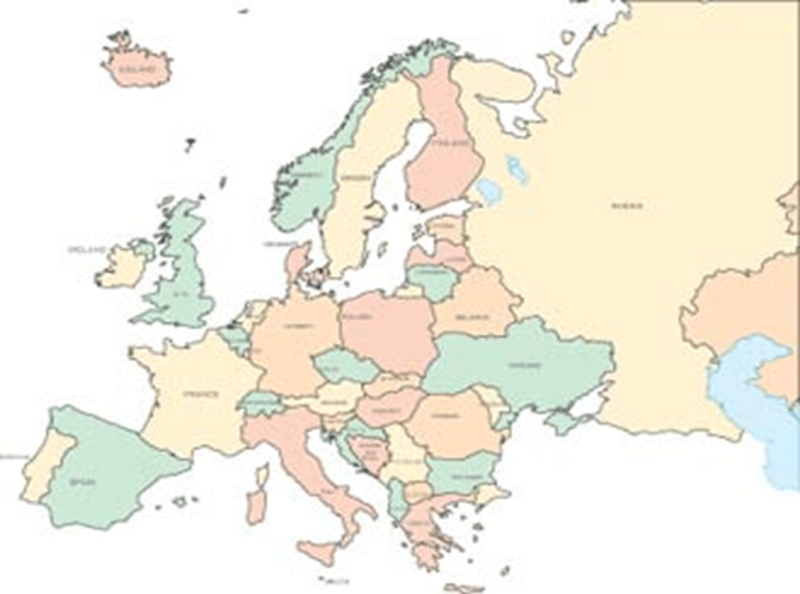Editor’s Note: On Friday, June 2nd from 1pm–3pm EDT, ELP director Nicholas Staropoli hosted a Reddit-science Ask-Me-Anything (AMA) about the hype surrounding epigenetics and human health. Read the full transcript here.
* * *
I’m Nicholas Staropoli, director of the Epigenetics Literacy Project, here to discuss the controversial field of epigenetics that some say is revolutionizing human health and our understanding of how inheritance and evolution work. AMA!
Hi Reddit! I’m Nicholas Staropoli a science journalist, director of the Epigenetics Literacy Project and a writer/editor for the Genetic Literacy Project—two initiatives of the 501c3 non-profit Science Literacy Project. Both sites cover the intersection of science, media and policy. I also write a weekly report–Epigenetics Around the Web–debunking claims about epigenetics and its impacts. The media, and even many scientists, just don’t understand how epigenetics works—and how little we know about its mysteries.
Scientists have known for decades that epigenetic modifications to DNA—such as methylation—play a vital role in activating or turning off gene expression. Over the last decade, some studies have shown that epigenetic changes may be driven by environmental factors. The most notable study found that rats licked as pups (a sign of maternal nurturing) dealt with stress as adults better than those which were not. Epigenetic changes on a gene involved in stress tolerance appeared to underlie this difference. The study also reported that the changes were heritable. It inspired a lot of pseudoscience. Many in the media hypothesized these results broadly to humans, suggesting that nurturing could radically alter our genes—and those changes could be passed on to future generations.
Numerous studies since have found links between environmental triggers (e.g. severe trauma and diet) and changes in gene behavior, which led to alterations in overall health. But most studies have been performed on rodents, and the actual meaningfulness to humans remains speculative.
While the science is intriguing, the media, alternative health purveyors, and some clinicians have overhyped what we actually know about epigenetics, behavior and disease. Frequently, the public is told that ‘epigenetics means you can control your genes’—a claim that is both untrue and dangerous to human health.
I’ll answer questions from 1-3 pm EST — Ask Me Anything!
For more epigenetics news—as well as background about the microbiome and endocrine disruptors—check out the Epigenetics Literacy Project, a sister-site to the GLP. Or follow ELP on Twitter and like our Facebook page.































